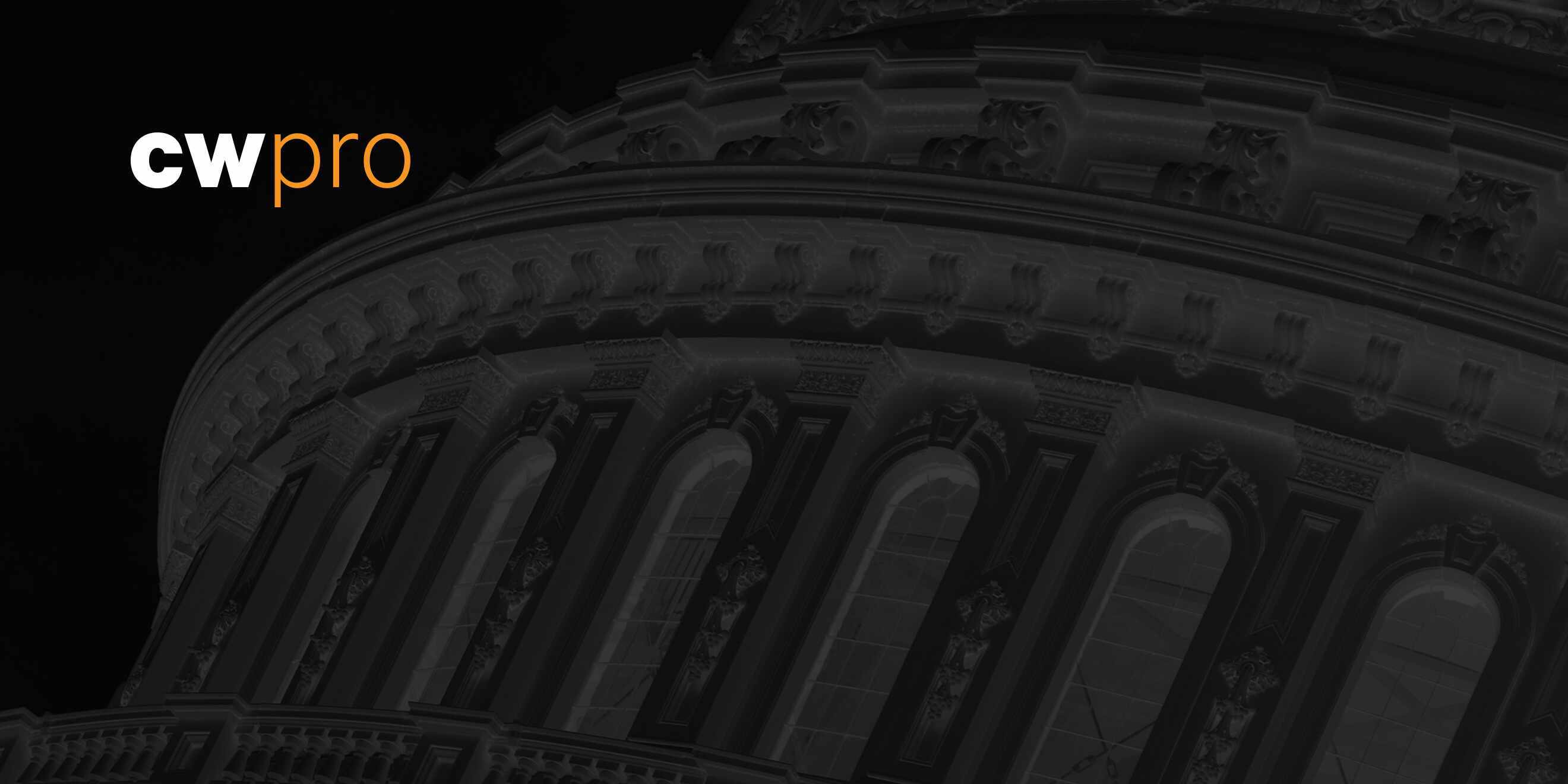At a glance.
- Could an independent Cyber Force be in the US’s future?
- Experts ponder the future of Section 702.
- How the Section 230 case could change the internet algorithms.
Could an independent Cyber Force be in the US’s future?
Mark Montgomery, senior director of the Center on Cyber Technology and Innovation at the Foundation for Defense of Democracies, is urging lawmakers to establish an independent cyber service in order to address inconsistencies across the US’s current cyber forces. As well, he feels a centralized cyber force could better synchronize the nation’s response to growing cyberthreats from adversaries like China and Russia. Breaking Defense reports that Montgomery on Thursday told the House Armed Services Committee’s (HASC) cyber, innovative technologies and information systems (CITI) subcommittee that it needs to consider whether “the current design of the Cyber Mission Force is what we need for the 21st century, or should we be considering an independent cyber force as we’ve recently done with the Space Force.” Representative Mike Gallagher, chairman of the HASC CITI subcommittee, said he’s open to the idea of a Space Force-style approach to cyber, but also has some concerns. Gallagher told reporters, “I think the hesitancy on our side would be — well, so soon after creating the Space Force, we don’t want to just create a bunch of bureaucracy. So we can find a way to do it that isn’t a massive increase in bureaucracy that in some ways is sort of consolidation efficiently of existing cyber warriors, then it could get compelling.”
Experts ponder the future of Section 702.
US lawmakers are preparing for a fierce battle over the future of Section 702 of the Foreign Intelligence Surveillance Act (FISA), which gives the government the authority to intercept the electronic communications of overseas targets. As the Wall Street Journal explains, 702 is set to expire at the end of the year, and while senior intelligence officers say it is critical to fighting terrorism and defending against cybercriminals, opponents say Section 702 abuses citizens’ privacy rights. Although the tool is geared toward foreign communications, Americans’ data are often also swept up in investigations, and privacy advocates say the Federal Bureau of Investigation (FBI) has made errors when accessing raw FISA data. Wired offers a rundown of several such incidents, like the 2016 case when a secret court authorized a wiretap on a former campaign aide of Donald Trump as part of an FBI investigation about Russian election meddling. Such incidents have raised questions regarding whether law enforcement agencies can be trusted with a tool as powerful as Section 702. With the expiration date fast approaching, current and former intelligence officials expect Congress to seek ways to modify the power in order to prevent further allegations of abuse. In a statement an FBI spokesperson said the bureau is eager to discuss efforts the bureau has made to protect the privacy of US citizens. In the coming months, the Biden administration plans to declassify more details about Section 702 in order to garner more support, but intelligence officials note it’s difficult to discuss the program’s merits without disclosing sensitive information about intelligence operations.
How the Section 230 case could change the internet algorithms.
As we’ve previously discussed, the Supreme Court is poised to hear a case that could determine the future of Section 230, a provision that shields internet companies from liability for content posted by users. The MIT Technology Review explores how Section 230 impacts recommendation algorithms, the rules that determine what we see or don’t see on digital platforms. While the display of content is widely accepted as being protected by Section 230, the case in question, Gonzalez vs. Google, will compel the Supreme Court to determine whether recommendations of content are also protected. Most content we see must be organized in some way, whether it be by date, geographic location, or some other criteria, but there’s a thin line between organization and the targeted amplification of certain content, which can be dangerous when the content is harmful. Some experts are worried that the nuance will make it difficult for SCOTUS to deliver a clear ruling. Eric Goldman, a professor and dean at Santa Clara University School of Law, stated, “This Supreme Court doesn’t give me a lot of confidence,” explaining that the case could result in essentially killing the internet. However, other experts say the potential negative impact of these algorithms has reached new heights, and it’s time for SCOTUS to step in. Hany Farid, a professor of engineering and information at the University of California, Berkeley stated, “We’re all looking at the technology landscape, particularly the internet, and being like, ‘This is not great. It’s not great for us as individuals. It’s not great for societies. It’s not great for democracies.”
